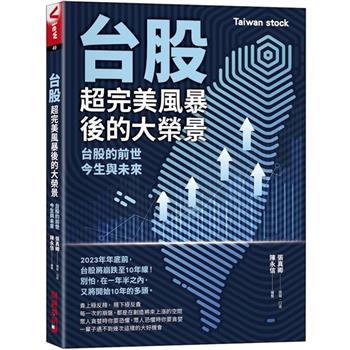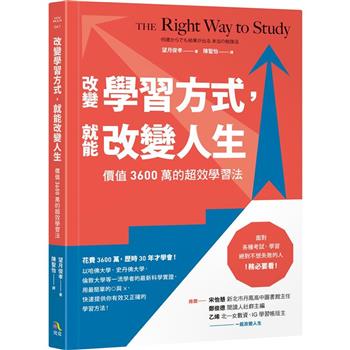There is little if any research internationally, regionally or locally on the factors that facilitate or inhibit the educator in transitioning from an untrained, experienced practitioner to a trained practitioner, particularly concerning the sustainability of their practice. This book fills that gap as it explores school contexts and cultures which educators encounter post teacher professional preparation and provides an understanding of how to engineer an enabling environment for sustainable practice. The effectiveness of teacher professional preparation programmes cannot be assessed in isolation from the education culture and context to which teachers return.
Transferring Professional Learning addresses the factors that facilitate and inhibit participants from sustainably implementing what they have learnt on a professional preparation programme. The series of cases presented in the book connect readers with real-life stories of individuals whose experiences provide opportunities for reflection on their own practice and pathways for growth individually and collectively. A unique feature of the book is the discussion sections at the end of each chapter, which, in essence, allow the reader to personalize and contextualize the knowledge gained in each chapter, thereby providing a richer and deeper hermeneutic experience. Thus, the structure of the book invokes meta-cognition. The book draws attention to the critical role of context and culture in sustaining the practices to which participants were introduced on the programme, but even more so, it forces an interrogation of educators’ identities and personal philosophies. Through meaningful narratives, it gives voice to the experiences of graduates working in various school environments and cultural settings.












